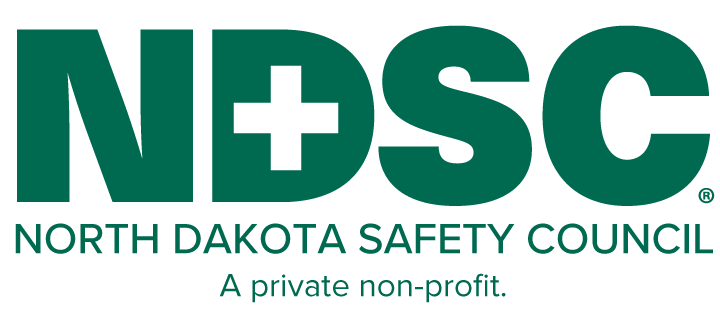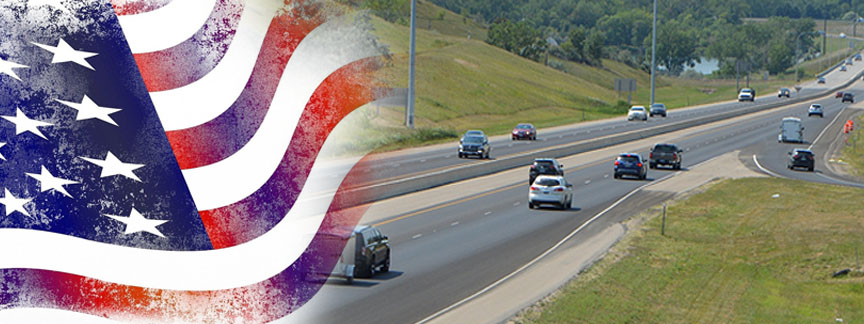Leave Fireworks to the Experts
Summer is synonymous with barbecues, parades and fireworks. The National Safety Council advises everyone to enjoy fireworks at public displays conducted by professionals, and not to use any fireworks at home. They may be legal but they are not safe.
Every year, thousands of people are injured badly enough to require medical treatment after fireworks-related incidents, with many of the injuries to children and young adults. While the majority of these incidents are due to amateurs attempting to use professional-grade, homemade or other illegal fireworks or explosives, less powerful devices like small firecrackers and sparklers can also cause significant.
Additionally, fireworks start an average of 19,000 fires each year.
Fireworks Safety Tips: If You Choose to Use Legal Fireworks
If consumer fireworks are legal to buy where you live and you choose to use them, be sure to follow the following safety tips:
- Never allow young children to handle fireworks
- Older children should use them only under close adult supervision
- Never use fireworks while impaired by drugs or alcohol
- Anyone using fireworks or standing nearby should wear protective eyewear
- Never hold lighted fireworks in your hands
- Never light them indoors
- Only use them away from people, houses and flammable material
- Never point or throw fireworks at another person
- Only light one device at a time and maintain a safe distance after lighting
- Never ignite devices in a container
- Do not try to re-light or handle malfunctioning fireworks
- Soak both spent and unused fireworks in water for a few hours before discarding
- Keep a bucket of water nearby to fully extinguish fireworks that don’t go off or in case of fire
- Never use illegal fireworks
Better yet, grab a blanket and a patch of lawn, kick back and let the experts handle the fireworks show.
Sparklers Are Dangerous
Every year, young children can be found along parade routes and at festivals with sparklers in hand, but sparklers are a lot more dangerous than most people think.
Sparklers burn at about 2,000 degrees – hot enough to melt some metals. Sparklers can quickly ignite clothing, and children have received severe burns from dropping sparklers on their feet. According to the National Fire Protection Association, sparklers alone account for more than 25% of emergency room visits for fireworks injuries. For children under 5 years of age, sparklers accounted for nearly half of the total estimated injuries.
Consider using safer alternatives, such as glow sticks, confetti poppers or colored streamers.
Information provided by the National Safety Council




